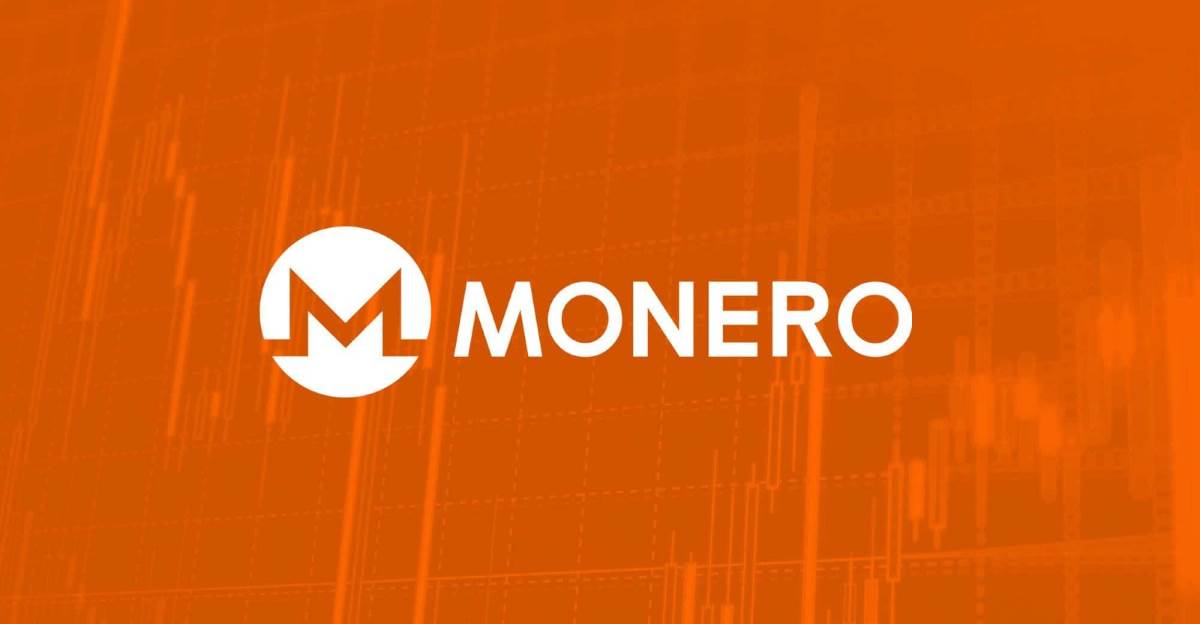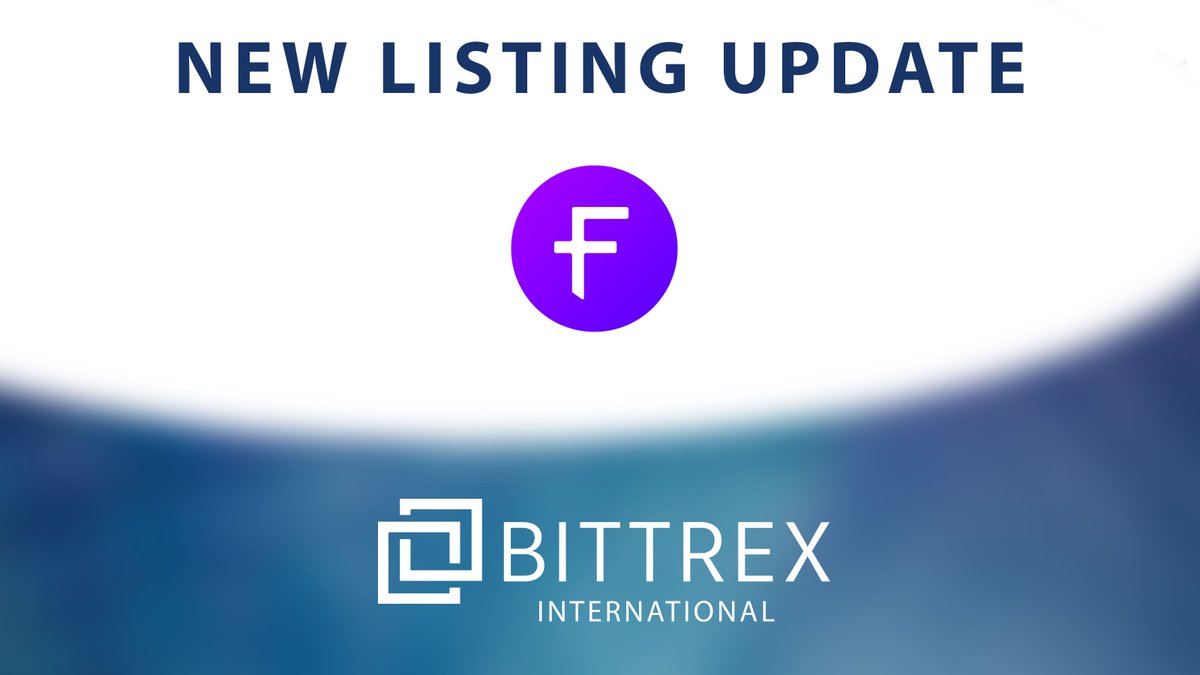The new blockchain technology has opened up new possibilities to build decentralized applications and smart contracts. With so many blockchain programming languages to choose from, it can be a challenging task to decide which one would best for building blockchain applications. In this article, we will take a look at the top 15 programming languages that are used to build blockchain decentralized application (DApp).
1- Solidity
Solidity is a programming language specifically designed for the Ethereum blockchain. It is a contract-oriented, high-level language that is similar to JavaScript. Solidity allows developers to write smart contracts that can be deployed on the Ethereum blockchain. It is the most popular language for building decentralized applications on Ethereum and is supported by a large community of developers.
Some of the applications of Solidity include creating decentralized exchanges (DEX), token issuance, creating decentralized autonomous organizations (DAOs) which is a digital organization that can operate on its own and make decisions based on the consensus of its members and building Decentralized finance (DeFi) apps.
2- Go
Go, also known as Golang, is a programming language developed by Google in 2009. It is a statically-typed, open-source language that is known for its simplicity and ease of use. Go is particularly well-suited for distributed systems and network programming, making it a popular choice for building blockchain applications.
In the context of Ethereum, Go is used to build blockchain nodes that run on the Ethereum network. These nodes are responsible for validating transactions, maintaining a copy of the blockchain, and relaying information to other nodes on the network. The official Ethereum client, Geth, is written in Go, and it is a widely used tool for running a full Ethereum node.
Go is also used to develop smart contracts on the Ethereum blockchain. It is a powerful language that can be used to build complex decentralized applications (dApps) and can also be used to interface with other smart contract languages like Solidity.
3- JavaScript
JavaScript is a programming language that is widely used for web development. It is also a popular choice for building blockchain applications because of its flexibility and the large number of libraries and frameworks available. JavaScript is used to build decentralized applications on platforms like Ethereum, Hyperledger, ARK, and LISK.
4- C++
C++ is a powerful, high-performance programming language that is widely used for system programming and developing operating systems, video games, and other applications. It is also a popular choice for building blockchain applications because of its ability to handle complex data structures and its support for multi-threading. C++ is used to build the Bitcoin and Litecoin blockchain.
5- Python
Python is a popular, high-level programming language that is known for its simplicity and ease of use. It is widely used for web development, machine learning, and data analysis. Python is a popular choice for building decentralized applications on Hyperledger because of its support for multi-threading and its many libraries and frameworks.
Python has several libraries and frameworks that make it easy to build blockchain applications, such as web3.py and py-evm, both of which provide a Python interface for interacting with Ethereum networks. Additionally, Python’s large and active community and its many development tools and resources make it a popular choice for blockchain developers.
6- Rust
Rust is a programming language that was developed by Mozilla. It is a statically-typed language that is known for its speed and memory safety. Rust is a popular choice for building decentralized applications on Ethereum because of its ability to handle complex data structures and its support for multi-threading.
Like Python, Rust has a large and active community, with many development tools and resources available for building blockchain applications. However, it’s worth noting that Rust is a relatively new language for blockchain development, and it may not be the best choice for all use cases, particularly for developers who are new to blockchain development or not familiar with systems programming.
7- C#
C# is a modern, object-oriented programming language developed by Microsoft. It is widely used for developing desktop and web applications, mobile apps, and video games. In the context of blockchain, C# is a popular choice for building decentralized applications and smart contracts on Hyperledger.
C# provides several libraries and frameworks that make it easy to build blockchain applications, such as the Hyperledger Sawtooth SDK and the Hyperledger Fabric SDK. Additionally, C# has a large and active community and its many development tools and resources make it a popular choice for blockchain developers.
8- Java
Java is a popular, general-purpose programming language that is known for its “write once, run anywhere” capability. It is widely used for developing desktop and web applications, mobile apps, and video games. In the context of blockchain, Java is also a popular choice for building decentralized applications and smart contracts on Hyperledger.
Java provides several libraries and frameworks that make it easy to build blockchain applications, such as the Hyperledger Fabric Java SDK and the Hyperledger Sawtooth Java SDK. Additionally, Java has a large and active community and its many development tools and resources make it a popular choice for blockchain developers.
9- Ruby
Ruby is a dynamic, object-oriented programming language that is known for its simplicity and readability. It is widely used for web development, automation, and scripting. In the context of blockchain, Ruby is a popular choice for building decentralized applications on Ethereum.
Ruby library has a library called Eth, using it makes it easy to interact with Ethereum networks, deploy and interact with smart contracts, and manage user accounts and transactions. Additionally, Ruby has a large and active community and its many development tools and resources make it a popular choice for blockchain developers.
10- Kotlin
Kotlin is a statically typed programming language that runs on the Java Virtual Machine. It is fully interoperable with Java and it was developed by JetBrains, the company behind the popular IntelliJ IDEA Java IDE. In the context of blockchain
11- Swift
Swift is a powerful, general-purpose programming language developed by Apple. It is widely used for developing iOS and macOS applications, as well as server-side programming. Swift is known for its fast performance and modern syntax, and it is becoming a popular choice for building decentralized applications on blockchain platforms.
12- R
R is a programming language and software environment for statistical computing and graphics. It is widely used for data analysis, machine learning, and data visualization. In the context of blockchain, R is being used to build decentralized applications that require data analysis and data visualization.
13- Perl
Perl is a high-level programming language that is widely used for system administration, web development, and text processing. In the context of blockchain, Perl is being used to build decentralized applications that require text processing and system administration.
14- TypeScript
TypeScript is a statically typed superset of JavaScript that was developed by Microsoft. It is widely used for developing large-scale, enterprise-level applications. In the context of blockchain, TypeScript is being used to build decentralized applications that require a statically typed language.
15- Scala
Scala is a statically typed, object-oriented programming language that runs on the Java Virtual Machine. It is widely used for developing large-scale, scalable applications, and it is becoming a popular choice for building decentralized applications on blockchain platforms. Scala is known for its strong type system, functional programming features, and its ability to handle large amounts of data.
Conclusion
I have listed the top 15 programming languages that are used for building blockchain applications. Please note that each of these programming language has its own strengths and weaknesses, and the choice of which language to use will depend on the specific requirements of the blockchain application being developed. I would recommend doing thorough research and ask experts in the blockchain field before making a final decision on which language to use.





